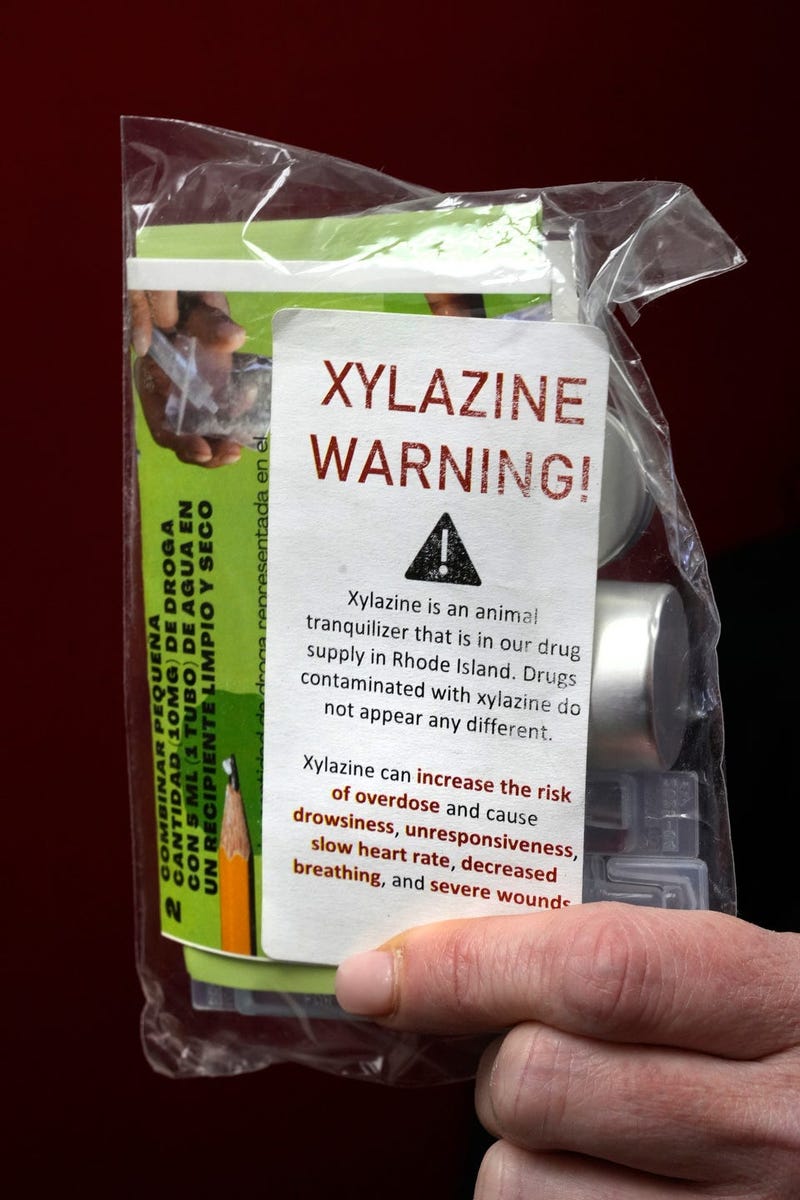
Las Vegas (NV) - The Southern Nevada Health District (SNHD) is urging heightened public awareness of the health dangers associated with xylazine, an animal tranquilizer that is increasingly being found in the country’s illicit drug supply and linked to overdose deaths throughout the United States.
Xylazine, also known as “tranq,” is not approved for human consumption. It can be life-threatening and is especially dangerous when combined with opioids such as fentanyl.
In March, the U.S. Drug Enforcement Administration issued a report alerting the public of a sharp increase in the trafficking of fentanyl mixed with xylazine. The DEA said, “Xylazine and fentanyl drug mixtures place users at a higher risk of suffering a fatal drug poisoning.”
District Health Officer Dr. Fermin Leguen noted the devastating impact of the fentanyl/xylazine combination. He said, “It’s vital to be proactive in educating people about this threat and what can be done in response, in order to save lives.”
While xylazine use has not been widely reported in Nevada, SNHD registered one overdose death involving both the drug and fentanyl in 2020.
The use of xylazine can cause drowsiness, amnesia, blood sugar abnormalities, slowed breathing, slowed heartbeat, apnea, dangerously low blood pressure and death.
Federal authorities say people who inject drug mixtures containing xylazine also can develop severe wounds, including necrosis—the rotting of human tissue—which may lead to amputation. According to the National Institute on Drug Abuse, repeated xylazine use is associated with skin ulcers, abscesses and related complications.
While naloxone (Narcan) will not reverse the effects of xylazine (xylazine is not an opioid), it should be given in response to any suspected overdose as a means of reversing any possible opioid effects. It’s also important to call 911 for additional medical treatment. The U.S. Department of Health and Human Services provides information on responding to an opioid overdose at How to Respond to an Opioid Overdose | HHS.gov.
